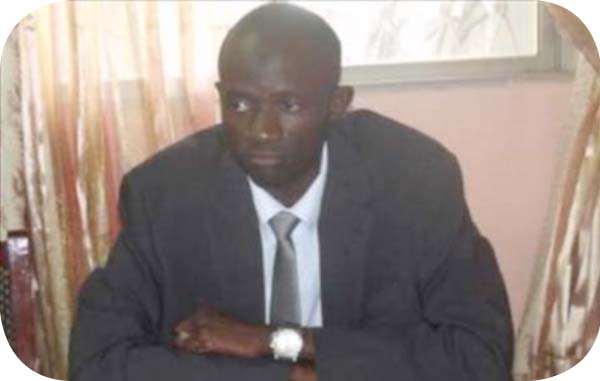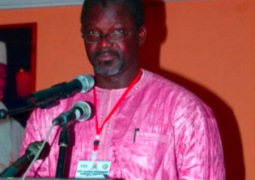
“If the trends persist, it has the possibility of negatively affecting the already existing development gains and future prospects of development,” he said during the inauguration of the new executive council of the National Youth Council (NYC) on September 10 at the President’s International Award, Bakau.
The executive council serves as the governance arm of the NYC as provided for in the National Youth Council Act 2000.
Minister Jammeh said strategies would be put in place to stem the flow of youths to Europe through dangerous means, adding that the council has to take the lead role in that endeavour.
“The Government of The Gambia continues to provide opportunities for young people to develop and excel at home without the need to migrate to the West,” he claimed.
He said the Ministry of Youth and Sports as a whole is undergoing “great transformation” to better serve the people of The Gambia.
“The council as part of the ministry is equally following the same trend. The position of Executive Secretary has been elevated to Executive Director. A new Youth Bill supported by the UNDP has been drafted with greater responsibilities for council,” he stated.
According to Minister Jammeh, the National Youth Policy 2009 - 2018 is also undergoing a mid-term review with funding from UNESCO to establish its level of implementation, achievements, shortcomings, and make possible recommendations.
“This will help inform an updated policy to address the current needs of young people and the policy will inform further intervention to address the needs and aspirations of young people,” he said.
Fabakary Kalleh, outgoing chairperson of NYC, said the council has undergone numerous developments during their four-year term in office as the executive of the council.
“During my tenure in office, we have tried to improve the financial image of the council because at the time we were coming into office, we found that for 10 years the council was never audited,” he said.“We also regained our Implementing Partner status with the UN system and also built the structure of the council.”
Kalleh said his executive made the council visible and in the process rebuilt the confidence of the people into the council.
He said their major challenge was not being able to secure a landed property for the council and retaining some of the council staff because of lack of motivation.
Ibrahim Ceesay, incoming chairperson of the NYC executive, said the need for NYC to be responsive to the issues of youth employment, quality education and comprehensive healthcare system is part of his priorities as he took office.
“This is because without these three, young people could not contribute to the development of the country effectively,” he said. “We also want to have an all-inclusive council that will invest in programmes which will impact the lives of all young people in The Gambia.”
Mr Ceesay said they will also try to build partnership with institutions in and out of The Gambia, as part of their resource mobilization.
He appealed to the young people to work hand in glove with the council to make it one of the best institutions for youth empowerment and development.
Abdou Touray, programme specialist at the United Nations Development Programmes (UNDP), said youths constitute 64 per cent of Gambia’s population; therefore, the development of the country depends on them.
“The development of a country depends on the quality of its young people, the more we invest in them the better for the country,” he said.


